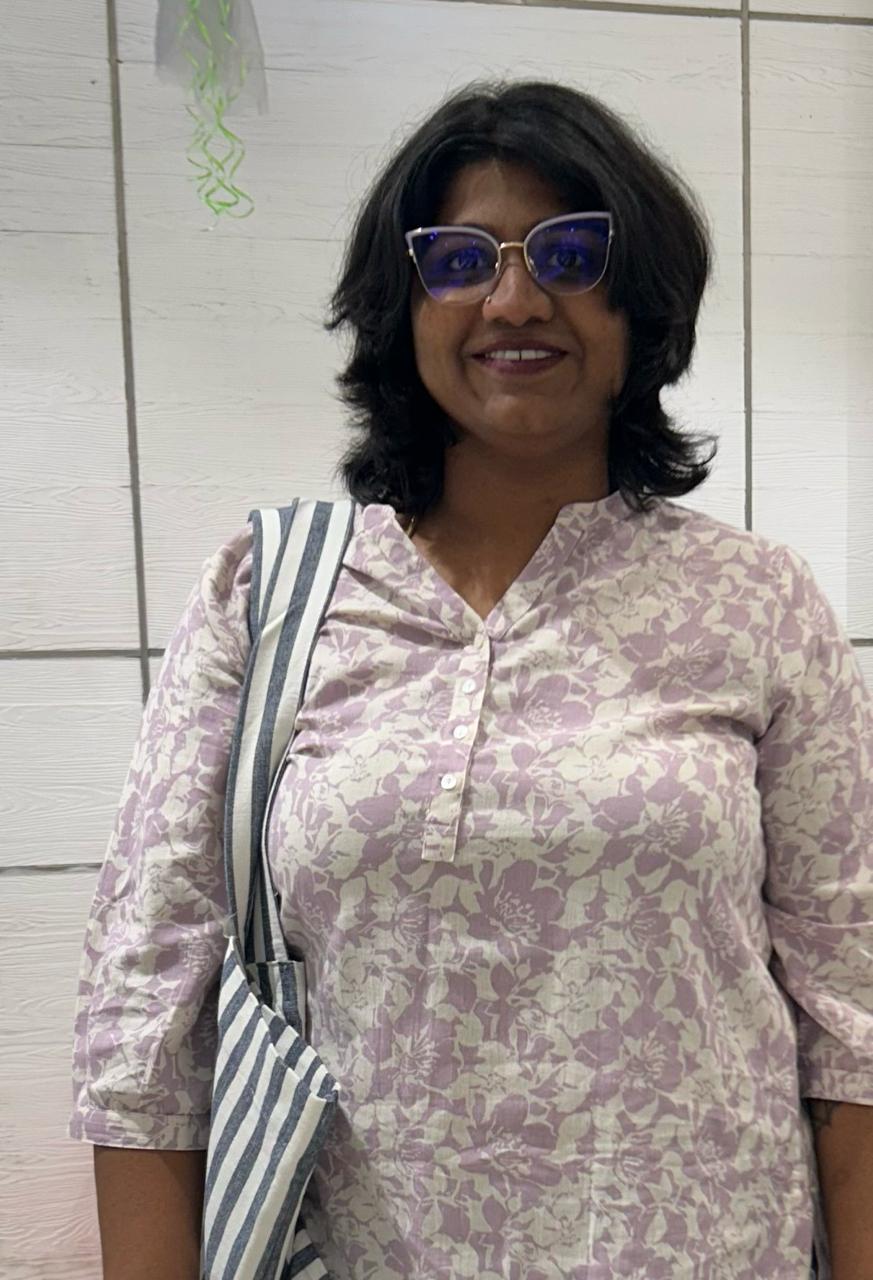Counsel Sai Deepak discusses India's sociocultural evolution in SIPEC panel
He also expressed gratitude for being part of a generation reaping the benefits of the sacrifices made by previous generations to awaken the Indian consciousness. He characterized the current period as a culmination of collective efforts rather than individual endeavors
 Counsel Sai Deepak discusses India's sociocultural evolution in SIPEC panel / X/ @upword
Counsel Sai Deepak discusses India's sociocultural evolution in SIPEC panel / X/ @upword
Renowned Delhi High Court and Supreme Court of India Counsel Sai Deepak J, explored into India's historical transformation and the ongoing sociocultural and sociopolitical shifts in a recent panel discussion focused on navigating civilizational narratives organized by the Stanford India Policy and Economics Club (SIPEC).
In response to a question about the surge in interest in India's history, Deepak acknowledged the significant societal changes, saying, "What has happened is you could perhaps compare the journey of a middle-class Indian family of the nineties with the journey of India and the trajectory of the journey post-liberalization with Bait's journey."
He drew parallels between the personal and the national journey, emphasizing the impact of economic liberalization and the subsequent cultural resurgence. Deepak expressed a view that the delayed adoption of the pro-Soviet model and delayed market liberalization in India contributed to the current cultural and historical exploration.
1. Will be in the US (Bay Area) from March 1-6 for the following events. The Stanford India Dialogue on March 2nd (Saturday) organised by Stanford India Policy and Economics Club (SIPEC). Here is the link to the event schedule - https://t.co/N3guF1KZ5d
— Sai Deepak J (@jsaideepak) February 17, 2024
"The churn or journey that you're witnessing in the two thousand and post that would've been advanced by a couple of decades," he explained. He noted that as individuals and the nation realized their innate ability to generate wealth, there was a growing hunger for cultural reclamation.
"People are hungry for knowledge about the past," he remarked, highlighting a conscious awakening to the inadequacies of the education system in representing India's true history. He suggested that the education curriculum in India had been politically shaped by those who perpetuated colonial policies, leading to a sense of self-loathing that is now being challenged by the younger generation.
Addressing the external and internal challenges, Deepak stated, "There's a question which most of us are trying to address, who are we? What's our identity?" He observed a diverse range of opinions within the non-left, emphasizing that the Overton window had shifted significantly away from the left, creating space for diverse conversations and disagreements within the non-left spectrum.
In response to a query about dealing with the rising tide of Indic thinking in a constitutionally secular democracy, Deepak offered insights into the ongoing debate. "We're still trying to figure out the building blocks of the conversation. We're still, according to me, time T zero," he noted, highlighting the evolving nature of the discourse.
He also expressed gratitude for being part of a generation reaping the benefits of the sacrifices made by previous generations to awaken the Indic consciousness. He characterized the current period as a culmination of collective efforts rather than individual endeavours.
As the discussion touched on India's constitutional framework, Deepak acknowledged the challenges, saying, "We are still trying to figure out the rules of the debate, the operating conditions within which we operate today." He emphasized the crucial role of minorities and those who do not subscribe to the Indic mentality, both within and outside India, in shaping the ongoing discourse.
ADVERTISEMENT
ADVERTISEMENT
E Paper
Video

 Veronica Ezhil
Veronica Ezhil.jpg)

.png)
.jpg)


.jpg)
.jpg)

Comments
Start the conversation
Become a member of New India Abroad to start commenting.
Sign Up Now
Already have an account? Login